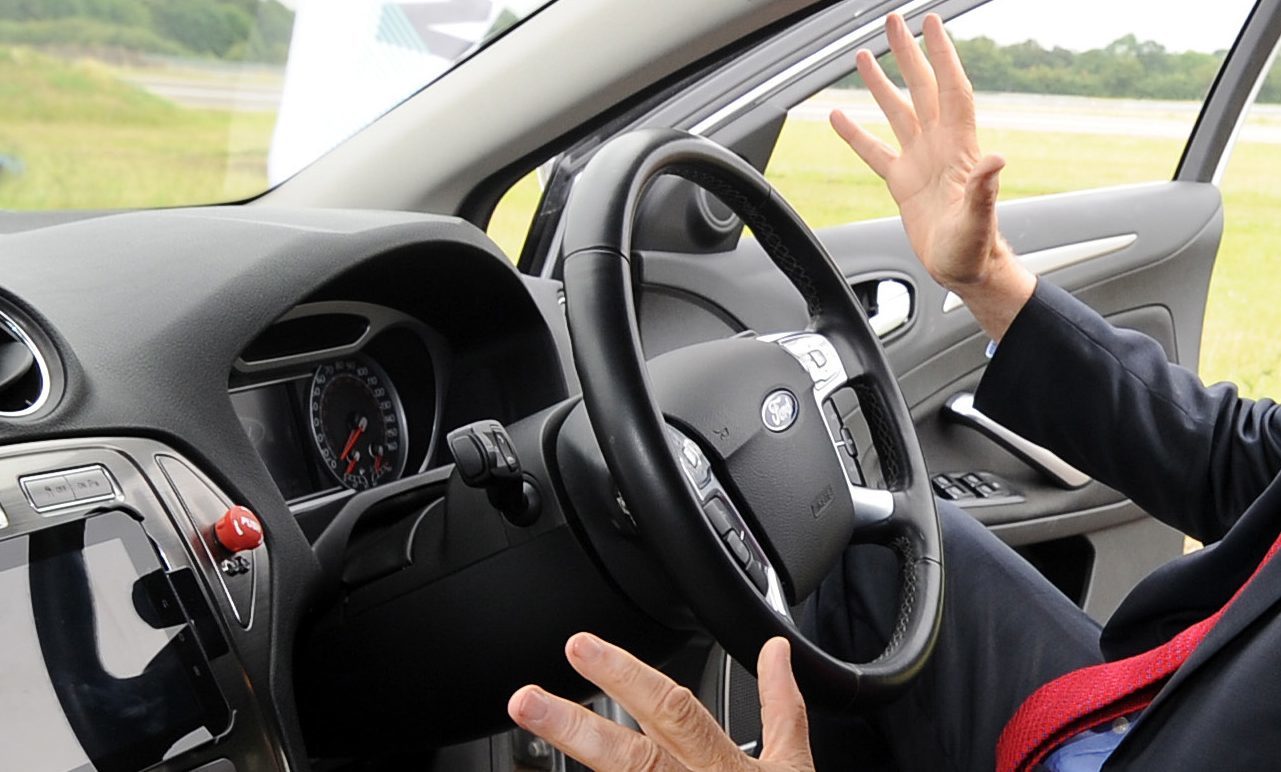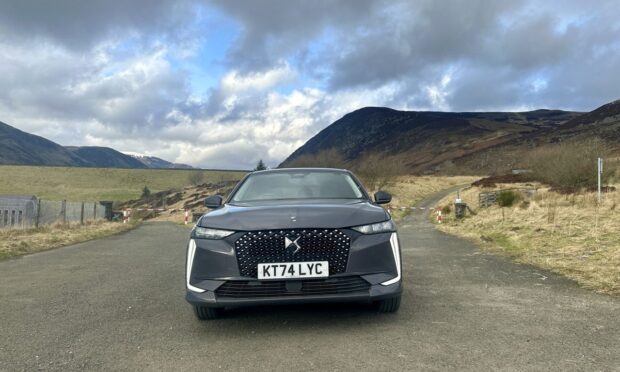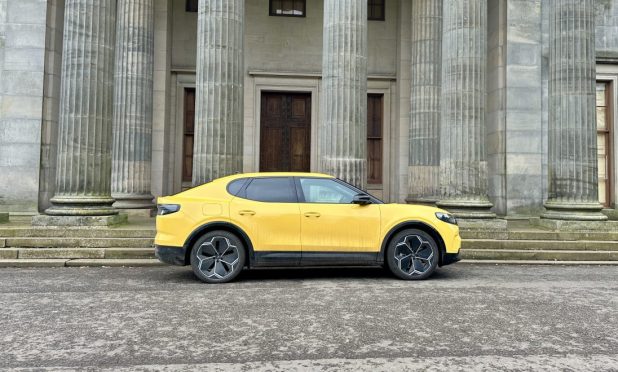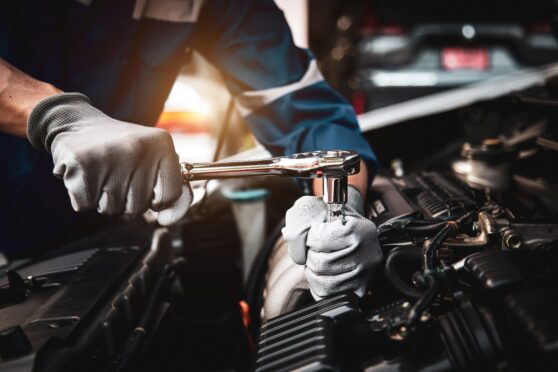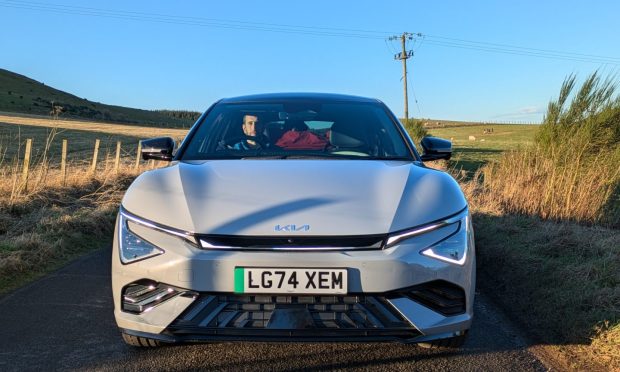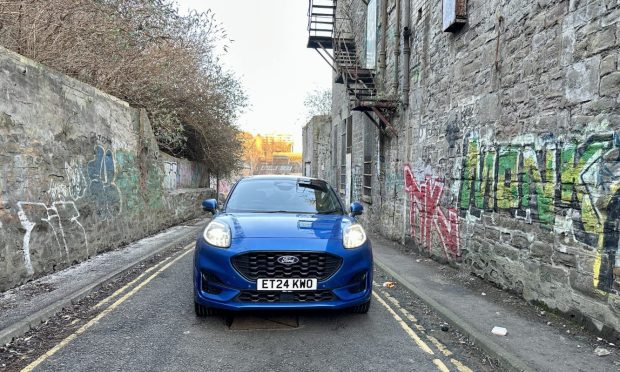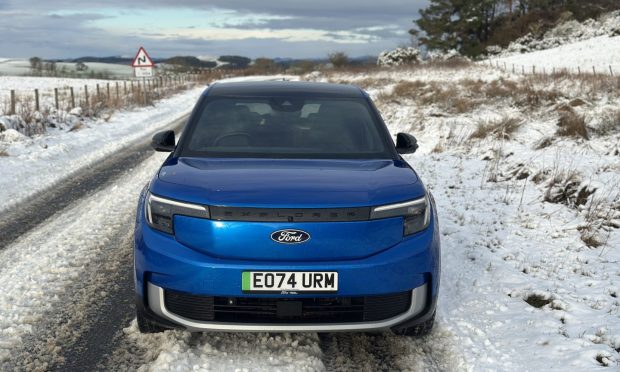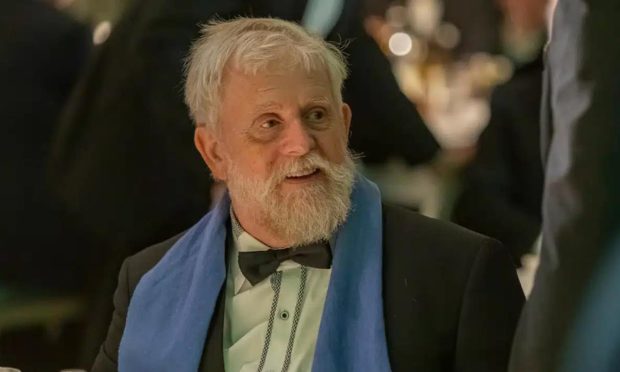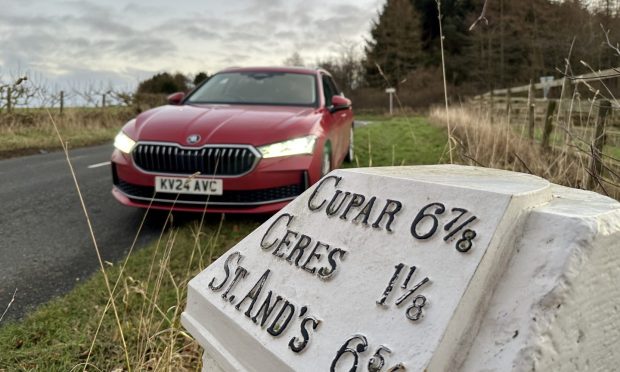Driverless cars could cause crashes because motorists may be encouraged to read, check emails or watch a film at the wheel, peers have warned.
The House of Lords raised concerns about people becoming too reliant on technology and failing to react fast enough while using a semi-automated vehicle.
Professor Neville Stanton, from the University of Southampton, said there are significant concerns about vehicles which require drivers to take over in an emergency.
“As vehicles become fully autonomous, even the most observant human driver’s attention will begin to wane,” he told peers.
“Their mind will wander, and they may start to mentally switch off from the job of driving.
“This is particularly true if they are engaging in other activities such as reading, answering emails, engaged in conversations with passengers, watching movies or surfing the internet.”
The Lords Science and Technology Committee found that it is not yet clear if driverless cars would reduce accidents caused by human error.
“The Government should give priority to commissioning and encouraging research studying behavioural questions and ensure it is an integral part of any trials it funds,” the committee stated in its report.
Peers also said industries such as farming are most likely to benefit and that Parliament should not be distracted by “media attention around driverless cars”.
